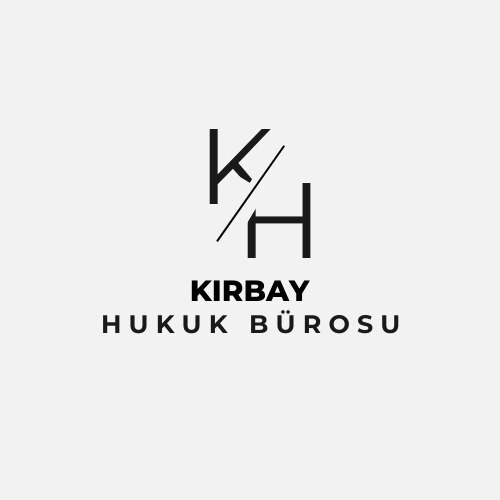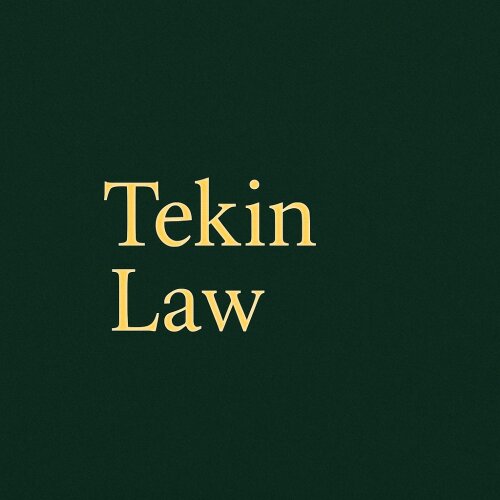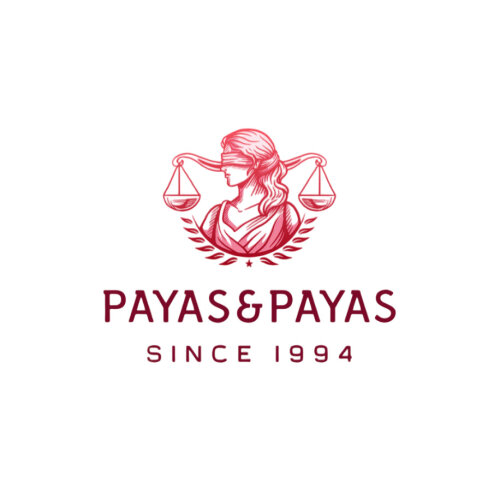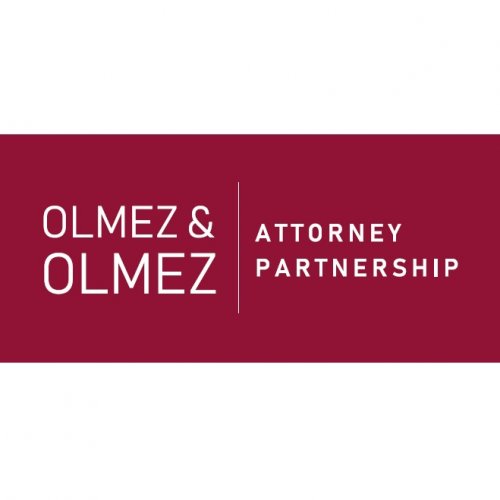Best Sanctions & Export Controls Lawyers in Turkey
Share your needs with us, get contacted by law firms.
Free. Takes 2 min.
Or refine your search by selecting a city:
List of the best lawyers in Turkey
Legal guides written by Tekin Law Firm:
- Arbitration in Turkey
About Sanctions & Export Controls Law in Turkey
Sanctions and export controls law regulates the movement of goods, technology, services, and funds across borders to ensure compliance with both national interests and international obligations. In Turkey, sanctions laws set restrictions on trade with certain countries, entities, or individuals, often in connection with United Nations, European Union, or United States embargoes. Export controls determine which items, technologies, or services require government authorization before being exported or shared abroad. These laws are designed to protect national security, follow international agreements, and prevent prohibited uses such as weapons proliferation or violation of human rights.
Why You May Need a Lawyer
Professional legal advice can be crucial in many situations involving sanctions and export controls in Turkey. You might require a lawyer if your business exports goods, software, or technology from Turkey and needs to ensure compliance with export licensing. Lawyers are also valuable if you have questions about doing business with individuals or companies in countries subject to Turkish or international sanctions. Potential legal issues may arise if customs authorities detain products for suspected export control violations, or if you are facing investigations or penalties from Turkish regulators. Legal guidance is also important for understanding the interplay between Turkish law and international sanctions regimes, especially in complex or high-risk sectors such as defense, dual-use items, and finance.
Local Laws Overview
Turkey’s framework for sanctions and export controls is shaped by its national laws as well as international obligations. The Ministry of Trade oversees export controls and licensing procedures, primarily under the Export Control Regime for dual-use goods and military items. The Ministry also maintains the control lists which determine what items require licenses. Sanctions are enacted under various presidential decrees and are enforced by relevant bodies, including the Financial Crimes Investigation Board (MASAK) and customs authorities. Turkish law prohibits assisting in circumventing sanctions and requires due diligence to prevent business with sanctioned parties. Violations may lead to administrative fines, confiscation of goods, or even criminal prosecution. Companies operating in or with Turkey must also consider interaction with United Nations Security Council and other multilateral sanctions adopted by the Turkish government.
Frequently Asked Questions
What are export controls in Turkey and what do they cover?
Export controls in Turkey regulate the export and re-export of certain goods, technologies, software, and services that may have military, security, or dual-use purposes. The system covers items listed in the Turkish Customs Tariff and control lists, requiring licenses for export outside Turkey.
Who enforces sanctions and export controls in Turkey?
The Ministry of Trade is primarily responsible for export controls, while MASAK, the Ministry of Foreign Affairs, and other regulatory bodies enforce sanctions compliance, including reviewing transactions and trade with restricted regions or entities.
Are Turkish companies required to comply with foreign sanctions?
Turkish companies must comply with Turkish law relating to sanctions. However, some international sanctions, such as those from the United States or European Union, may also impact Turkish businesses operating globally or dealing with counterparties under foreign jurisdiction.
Is a license always required to export goods from Turkey?
No, a license is only required if the goods, technology, or software fall under the control lists for dual-use or military items, or if they are subject to specific restrictions. Routine commercial goods often do not need export licenses.
What are the penalties for violating sanctions or export controls?
Penalties can include administrative fines, seizure of goods, loss of export privileges, and in grave cases, criminal charges. Violations may also damage business reputation and lead to international legal consequences.
How do I check if my counterparty is subject to sanctions?
You should perform due diligence using the lists published by Turkish authorities, the UN, and other relevant bodies. Many law firms and compliance experts offer screening services for this purpose.
Can Turkish authorities investigate trade dealings for sanctions compliance?
Yes, authorities have the right to investigate transactions, inspect records, and detain goods at customs if there is suspicion of non-compliance with export control or sanctions regulations.
Can a lawyer help if my goods are detained at customs?
Yes, a lawyer with experience in export controls and customs law can assist with appealing detentions, negotiating with authorities, compiling required documentation, and pursuing legal remedies.
How do Turkish laws apply to technology transfers abroad?
Export controls also apply to the transfer of controlled technology or software, including sending via electronic means or sharing with foreign nationals, even within Turkey. Licensing may be required based on the control status of the technology.
What steps can a business take to ensure sanctions compliance?
Businesses should implement an internal compliance program, conduct regular risk assessments, train staff, and use updated screening tools to ensure adherence to Turkish and relevant international sanctions and export control regulations.
Additional Resources
Those seeking more information or guidance may contact the following bodies and reference materials:
- Ministry of Trade of the Republic of Turkey - Directorate General for Exports
- Financial Crimes Investigation Board (MASAK)
- Presidency of the Republic of Turkey - Official Gazette for up-to-date decrees
- Customs and Trade regional offices for procedural guidance
- International Chamber of Commerce (ICC) Turkey for compliance training
- Relevant United Nations Sanctions Committee websites
- Professional legal associations specializing in trade law
Next Steps
If you believe you need legal assistance in sanctions and export controls in Turkey, consider taking the following steps:
- Gather all relevant information about your goods, technology, business partners, and intended transactions
- Document any communications with authorities or customs regarding licensing or detentions
- Contact a qualified Turkish lawyer or law firm with expertise in sanctions and export controls to request an initial consultation
- Ask about the lawyer’s experience with similar cases and their approach to regulatory challenges
- Discuss your compliance needs and consider developing or enhancing an in-house compliance program with professional support
- Remain informed about updates to Turkish and international sanctions regimes affecting your business
Early and informed legal intervention can help mitigate risk, ensure your business complies with the law, and resolve disputes with authorities efficiently. Do not hesitate to seek professional advice to safeguard your interests in the complex field of sanctions and export controls in Turkey.
Lawzana helps you find the best lawyers and law firms in Turkey through a curated and pre-screened list of qualified legal professionals. Our platform offers rankings and detailed profiles of attorneys and law firms, allowing you to compare based on practice areas, including Sanctions & Export Controls, experience, and client feedback.
Each profile includes a description of the firm's areas of practice, client reviews, team members and partners, year of establishment, spoken languages, office locations, contact information, social media presence, and any published articles or resources. Most firms on our platform speak English and are experienced in both local and international legal matters.
Get a quote from top-rated law firms in Turkey — quickly, securely, and without unnecessary hassle.
Disclaimer:
The information provided on this page is for general informational purposes only and does not constitute legal advice. While we strive to ensure the accuracy and relevance of the content, legal information may change over time, and interpretations of the law can vary. You should always consult with a qualified legal professional for advice specific to your situation.
We disclaim all liability for actions taken or not taken based on the content of this page. If you believe any information is incorrect or outdated, please contact us, and we will review and update it where appropriate.
Browse sanctions & export controls law firms by city in Turkey
Refine your search by selecting a city.

















